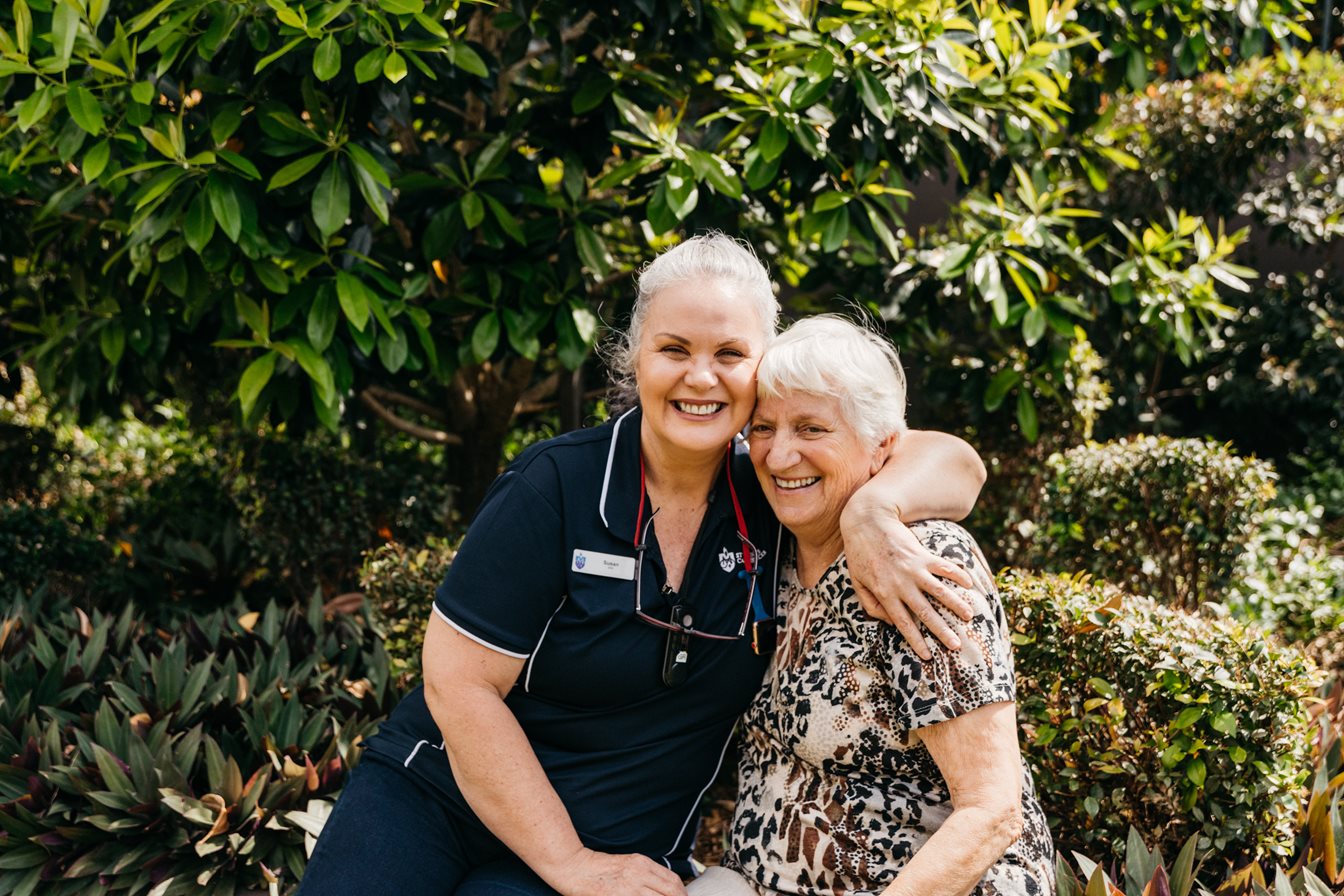Home care is support for the elderly in their own home. Aged care is support for the elderly in an assisted living facility.
People who use home care are still independent, but might also need a little extra assistance in some day to day parts of their lives.
This can be because of their age, health conditions or even just a change in living circumstances.
Home care is a great starting point that evolves to suit your care needs as they change.
At St Vincent’s, we know home is where the heart is and so we would help you to stay in your home as long as possible.
But eventually, for many, there comes a time where they need to make the transition into fulltime care to get the level of support they need to live happily and healthily.
> What care is right for me?























